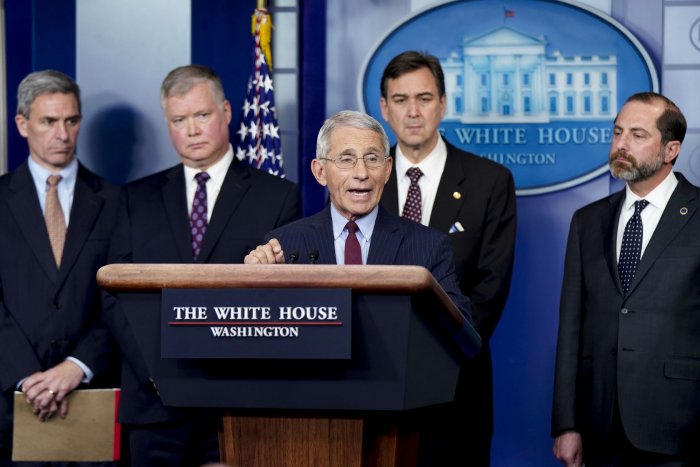1 of 5 | The Charging Bull statue is seen on Monday near the New York Stock Exchange on Wall Street in New York City. In his testimony Wednesday, Powell addressed rising inflation in the economy. Photo by John Angelillo/UPI |
License Photo
July 14 (UPI) -- Federal Reserve Chairman Jerome Powell said Wednesday the economy still has a lot of ground to make up before it can start to consider changing monetary policy.
Before the House Finance Services Committee, Powell pointed to gains in the labor market as signs of solid improvement but also added that the numbers have yet to return to pre-pandemic levels.
"Conditions in the labor market have continued to improve, but there is still a long way to go," Powell said. "Labor demand appears to be very strong; job openings are at a record high, hiring is robust, and many workers are leaving their current jobs to search for better ones.
"However, the unemployment rate remains at 5.9% and this figure understates the shortfall in employment, particularly as participation in the labor market has not moved up from the low rates that have prevailed for most of the past year," Powell said.
Powell said inflation has "increased notably" and predicted it will remain high in the coming months but will moderate.
"Inflation is being temporarily boosted by base effects, as the sharp pandemic-related price declines from last spring drop out of the 12-month calculation," Powell said. "In addition, strong demand in sectors where production bottlenecks or other supply constraints have limited production has led to rapid price increases for some goods and services which should partially reverse as the effects of the bottleneck unwind."
When questioned at the hearing about standing by the current monetary course, the fed chair said, according to CNBC, its two policy measures "along with our strong guidance on interest rates and on our balance sheet, will ensure that monetary policy will continue to deliver powerful support to the economy until the recovery is complete."
Powell's testimony to Congress was part of the central bank's twice-a-year report on monetary policy and the state of the U.S. economy.
The central bank has taken several steps over the past year to counter the pandemic's fiscal impact, including lowering interest rates and making large-scale purchases of treasury and mortgage-backed securities.
In its latest monetary policy report, compiled last week, the Federal Reserve said it will continue those policies throughout the recovery process.
Last month, the Fed departed from comments it made in March that interest rates would remain near zero until 2024, stating instead plans to make two interest rate increases by the end of 2023.
Wednesday's hearing comes after a Labor Department report on Tuesday that showed consumer prices in the United States increased by 5.4% between June 2020 and last month, the steepest 12-month increase in 13 years. The report noted quickly rising inflation, which is mainly the result of an improving economy.
"Consumer price inflation has increased notably this spring as a surge in demand has run up against production bottlenecks and hiring difficulties," the Fed noted in its policy report.
January 31, 2020
National Institutes of Health official Dr. Anthony Fauci (C) speaks about the coronavirus during a press briefing at the White House in Washington, D.C. Health and Human Services Secretary Alexander Azar (L) announced that the United States is declaring the virus a public health emergency and issued a federal quarantine order of 14 days for 195 Americans. Photo by Leigh Vogel/UPI |
License Photo
















